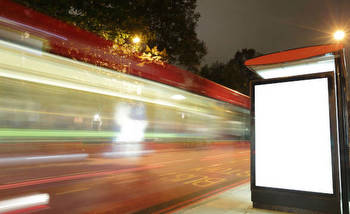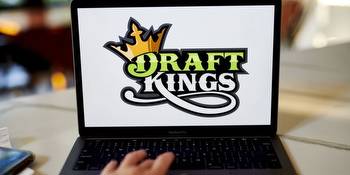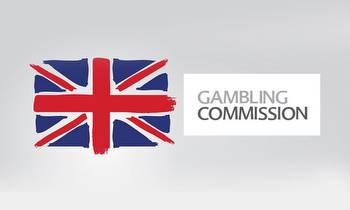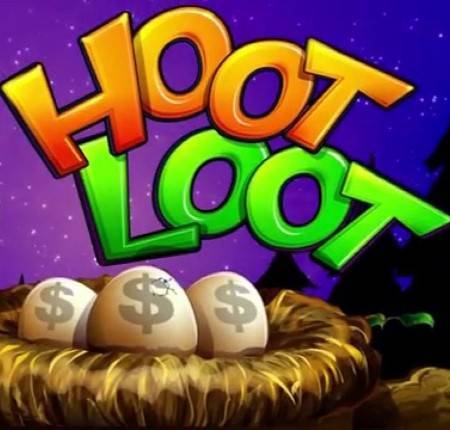Offshore online casinos find way around NZ's advertising laws
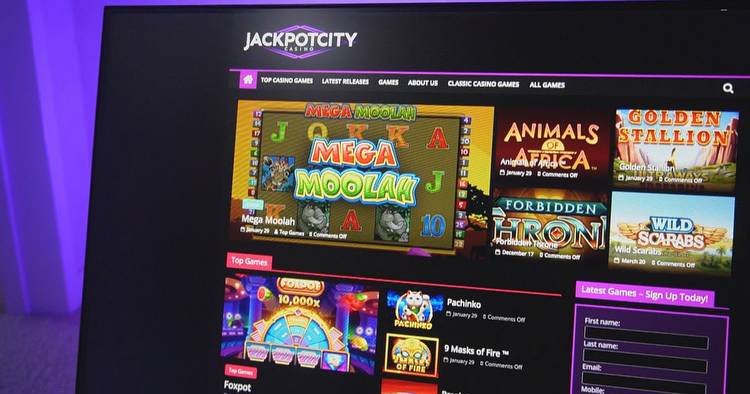
Advertising overseas gambling websites is illegal in New Zealand but some online casinos have found a way around the rules.
They're advertising free-to-play gambling sites that closely resemble their own pay-to-play sites with the same name and an almost identical website.
The Department of Internal Affairs' (DIA) general manager of regulatory services John Sneyd said it has concerns.
"We see those sites as just being a gateway to an online gambling site where you can spend real money. We're pretty clearly of the view that that advertising doesn't meet New Zealand legal requirements and is unlawful."
Andree Froude from the Problem Gambling Foundation said it has been aware of advertisements like these for a number of years.
"Our concern is the normalization of gambling through airing advertisements for a casino site, whether it's free to play or not and the fact that JackpotCity's pay to gamble site is a click away. It is a clear way to get around our laws regarding advertising."
"We have contacted the Department of Internal Affairs about this to see if something can be done."
JackpotCity has been advertising on radio and television in New Zealand for several years.
The Advertising Standards Authority (ASA) has received six complaints about the advertisements since 2017. Four were found to have no grounds to proceed, while the other two about a billboard were partially upheld.
"The ASA receives complaints from time to time regarding the legality of gambling-related advertising. These are referred to the Department of Internal Affairs as the government agency responsible for the administration of the Gambling Act 2003," ASA chief executive Hilary Souter explained.
The DIA's Sneyd told 1News the ads for "gateway" websites are unlawful.
"While jackpotcity.net is a free to play site, the department's view is that there is clearly a close association between that site and pay-to-play sites with almost identical names, and thus the advertisements contravene Section 16. We are accordingly writing to advertisers advising them of our position and requesting that the advertising be withdrawn.
"We're pretty clear that advertising an overseas gambling website like they're doing is unlawful in terms of the Gambling Act."
Section 16 of the Gambling Act 2003 prevents overseas companies from advertising their paid gambling sites in New Zealand, but because these advertisements are for free-to-play casinos they don't have to follow that section.
"In these advertising circumstances, compliance with New Zealand law by offshore providers does require their cooperation. We have had success with a gambling organisation, whose parent company has agreed to cease the targeted advertising channel they were using targeting New Zealanders," Sneyd said.
The DIA has so far written to three advertisers.
Wildz is another online casino that has been advertising a free-to-play website. However, both the free and paid websites look identical.
The ASA received one complaint against Wildz in April which saw no action taken and Sneyd said the DIA has also had one complaint about the website.
"The department is aware of wildz.net and is looking into a complaint about their advertising."
Advertisements from JackpotCity have been running on multiple radio and television platforms recently, including More FM, The Edge, MTV, Discovery, Rush, TVNZ1 and TVNZ Duke.
The radio advertisements have been heard at all times of the day. But the television advertisements often run late at night, with a TVNZ spokesperson saying it only airs them during adults-only programming.
"TVNZ airs this advertising after 10pm at night and only in AO classified content (M/16/18). We also apply frequency caps to prevent any repetition in ad breaks."
Sky TV has a similar policy, only running the ads after prime time viewing.
"The ads in question promote a free to play website, are approved by CAB, and are carried by all major broadcasters in Aotearoa NZ. They are only played in the evenings and overnight, after the 'watershed' time when children are less likely to be watching," Sky's Chris Major said.
The DIA has asked people who see gambling advertisements to get in contact with its team.
"If you think you've seen any prohibited advertisements of overseas gambling, you can report them to DIA at gambling@dia.govt.nz or visit the DIA website for more info."
Both JackpotCity and Wildz have been contacted for comment.
While the four complaints about JackpotCity's television advertisements were all found to have no grounds to proceed, the ASA released a decision yesterday where it partially upheld two complaints about a JackpotCity billboard.
"The advertisement was likely to mislead or confuse some consumers. The board said the imagery and brand name, which is synonymous with gambling, featured in an unrestricted billboard environment reaching a broad audience," the decision said.
The complaints were about a billboard display in Wellington. It was a MediaWorks billboard with Auckland-based advertising agency MBS representing JackpotCity.
MBS's response to the complaints were published in the ASA's decision, where it said the billboard was not in breach of the Advertising Standards.
"The site www.jackpotcity.net is a free-to-play, non-monetary gaming site. The billboard has the graphic displayed 'Free to play.'"
However, the complaints board held a different view.
"The board said URL site, jackpotcity.net and the disclaimer, 'This is not a gambling website', did not adequately differentiate the free to play website from the website where people pay to play," the decision said.
"The Complaints Board said the advertisement did fit the definition of a gambling advertisement."
MBS said in the decision document it would like to use electronic billboards to continue to advertise the site.
"Being electronic they share the site with several other ads and can be programmed to screen at set times and be off site during any controversial times."
As a result of the ASA's decision the billboard advertisements are no longer allowed to be shown in the same form.
MediaWorks has been contacted for comment.

















